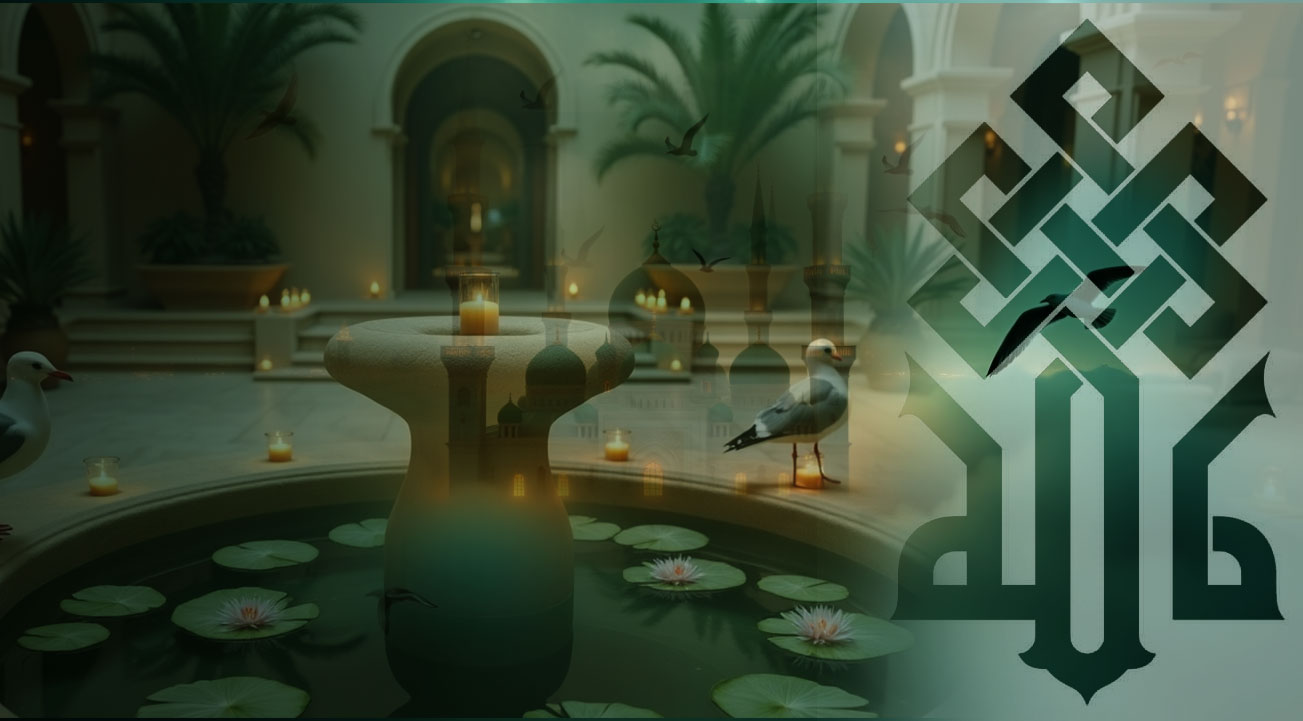In a world influenced by deadlines, distractions, and chaos, numerous individuals navigate life on autopilot — occupied, yet not engaged. We pursue productivity, pack our schedules, and frequently overlook the one aspect that creates genuine harmony: a rhythm grounded in faith.
Islam provides more than just regulations — it presents a cadence. A holy place that feeds the spirit, centers the intellect, and links the heart to something everlasting. By engaging in daily prayer, consistent reflection, and purposeful living, we are encouraged to align ourselves with our Creator, rather than merely with time
The Daily Pulse of Prayer
At the heart of the Islamic rhythm is ṣalāh (prayer) — five daily meetings with the Divine that divide our day not by stress, but by sacred pauses.
“Verily, the prayer is prescribed for the believers at fixed times.”
(Surah An-Nisa 4:103)
These designated times aren’t restrictions — they’re indications. They gently guide us away from the chaos, anchor us in the present, and align our day with the cosmic cadence
Praying first thing in the morning gives your day purpose.
When you take a break at midday, you realign your spirit.
At the day’s end in peaceful sujūd (prostration), your spirit attains tranquility
Reflection: The Soul’s Quiet Recalibration
Beyond prayer, Islam encourages reflection (tafakkur) — the act of thinking deeply about life, creation, the self, and our purpose. It’s through reflection that routine transforms into meaning, and action becomes awareness.
“Indeed, in the creation of the heavens and the earth… are signs for those who reflect.”
(Surah Aal-‘Imran 3:190)
A soul that reflects becomes more attentive, more grateful, more awake. Moments of stillness — after prayer, before sleep, or during nature walks — become moments of recalibration.
Sacred Structure vs. Rigid Routine
The goal of sacred rhythms is not to become robotic. They focus on establishing purposeful frameworks that allow for the important things. Islam calls us to be present rather than to be flawless.
When you live according to a Divine rhythm:
Your time becomes blessed
Your heart finds stability
Your purpose becomes clear
Your life feels less scattered, more whole
The Weekly and Yearly Rhythms
It’s not just daily ṣalāh. Islam embeds rhythm into the week through Jumu‘ah (Friday prayer), a sacred gathering that refreshes the spirit. And throughout the year, we find cycles of renewal through:
Ramadan is a month of commitment and self-control.
The Hajj is a pilgrimage of spiritual surrender.
Eid is a time for thankfulness and joy.
Meaning isn’t found in noise. It’s found in intention. When we start living with the rhythms of Islam instead of around them, everything shifts:
Meals become moments of gratitude
Conversations become opportunities for sincerity
Work becomes a form of worship
Even rest becomes a reminder of reliance on Allah
You don’t need to add more to your life to feel close to Allah — you need to align what you already do with His remembrance.
Conclusion: Live Lightly, Live Aligned
We weren’t made to run indefinitely. We were made to stop, think, and re-establish connections. Islam provides us with the divine rhythm that our souls yearn for, one that focusses us on our goals and draws us away from distractions.
Thus, breathe in time with ṣalāh. Think clearly and reflectively. Live as though you were worshipping.
Because you don’t only live more quietly when your life is in harmony with prayer, introspection, and purpose.
You live life to the fullest.


Sorry no comment yet.
Leave a comment